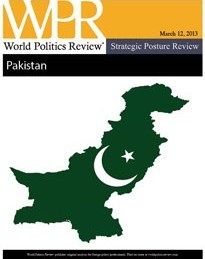
The Higgs boson has captured the imagination of the public, worldwide. Why? The answer is fundamental to the human race, a feature that sets humans apart from other living species: our curiosity and desire to understand the world we live in. Some of this knowledge is self-serving — for example, how to cope with diseases or improve our ways of life. But human curiosity goes well beyond just satisfying those practical needs and desires. Whether it be the origin of the universe or the inner dynamics of microscopic particles, we simply want to understand how things work. Basic research, sometimes […]






